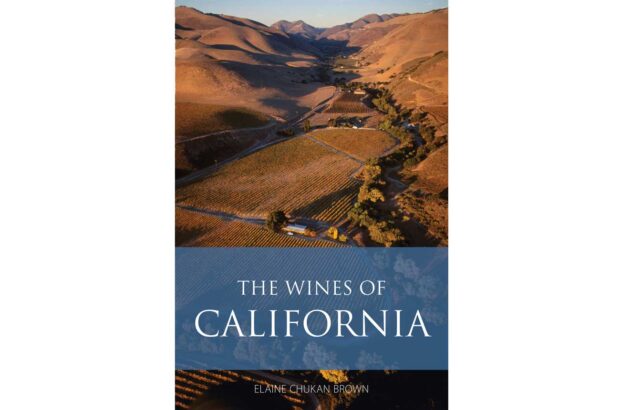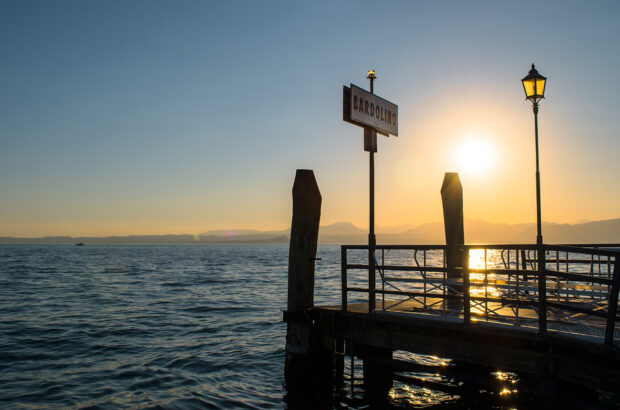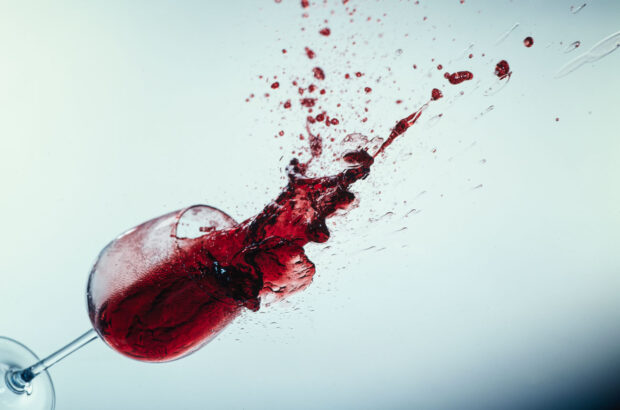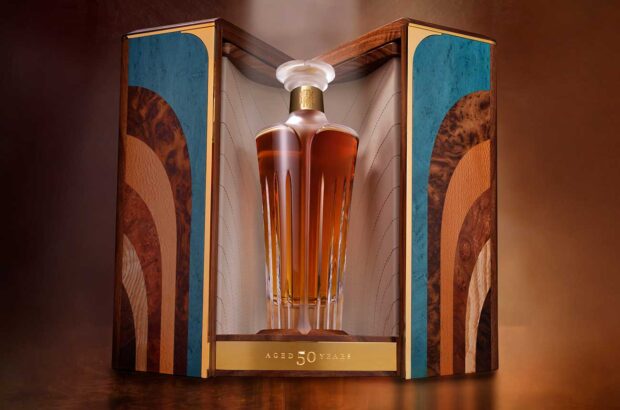Bidding at online wine auctions has the luxurious advantage of being possible from your own sofa.
With live, in-person auctions understandably suspended due to coronavirus, there has been a bigger choice of online-only fine wine auctions in recent weeks – and some have also been held in aid of restaurant workers and health professionals.
So, if you’re still fortunate enough to have the money to buy, what are the basics?
Playing the long game
Most major wine auctions allow online bids for ‘live’ sales, but online-only auctions will often last several days, and some may go on for longer.
‘We have four auctions per month,’ said Alix Rodarie, international development director at online auctions specialist iDealwine, based in France. ‘Each of them lasts around 10 days, so you always have an auction available on the website.’
Chris Munro, head of wine and spirits at Christie’s Americas, said, ‘Online sales run for two weeks with a period of browsing prior to the sale going live for bidding.’
If you don’t want to watch lots for several days, then you might be better off looking at wines to buy outright.
Pre-bidding: Do your research
As in any wine auction, think carefully about what you can afford, and don’t be tempted into a bidding war without having a firm idea of your top price.
Do your research on market prices and alternative availability for any lots that look interesting, and study the condition and provenance information of the bottles listed. Most houses list price estimates for specific lots, which can help as a guide.
When thinking about total costs, you should also factor-in the buyer’s premium on the hammer price, which varies between auction houses, plus any extra sales tax or delivery costs. Check the terms and conditions of each house carefully.
Making bids
First-off, you’ll need to register an account with the auction house via its website so that you can place bids.
At Christie’s, Munro said, ‘People can enter a maximum bid for each lot they are interested in buying in a similar way to a ‘live’ sale.’
He added, ‘The bidders are informed when their bids are no longer winning and they can raise the bid accordingly.’
Several auction houses use a similar system, and setting a maximum bid can allow you to trigger a sort of autopilot; the auction house will to keep you just ahead of the chasing pack by automatically increasing your bid bit-by-bit up to the value of your stated maximum amount – which will be hidden from other bidders.
US online auction house WineBid describes its own version of the system like this: ‘Your bid will start at the lowest price required to win and will increase automatically in response to competing bids.’
When do people bid?
‘There are a tonne of bids when it opens and when it closes,’ said Charles Antin, creative director at Zachys. Other houses report the same trend.
‘Generally, there is a lot of activity at the beginning and the end,’ said Jamie Ritchie, worldwide head of Sotheby’s wine. ‘We have been analysing how long we host the auctions and the closing date, time and cadence,’ he added.
However, even the last-minute bidders, who join the party a few hours before the auction closes, have normally been keeping tabs on specific wines before that, according to iDealwine’s Rodarie.
‘They usually place alerts on the lots they are interested in during the auction, but wait for the last hours to place the bids,’ Rodarie told Decanter.com, adding that watchers can see the number of alerts set against a specific lot.
Be aware that some houses will extend the auction by a small amount of time – such as a few minutes – if a rival bid is placed close to the deadline.
It isn’t just about DRC (but you can find it if that’s what you want)
Zachys’ Antin said the notion that online auctions were somehow second-best to live sales was ‘one of the greatest misconceptions’. He added, ‘The reality is the collections are the same, the screening process is the same.’
Prices can be big for the right wines. ‘A single bottle of Mouton Rothschild 1986 sold online will realise the same price as if it were sold live, on average,’ Antin said.
Zachys’ recent auction of wines from high-end New York restaurants, in aid of hospitality workers, was 100% sold. Munro highlighted a 12-bottle case of Petrus that Christie’s sold for $40,000 in March, while Sotheby’s recently reported strong results in its Vine to Online sale, and iDealwine’s Rodarie highlighted a mixed case of six DRC 2015 wines that fetched €16,210 in April, 26% above its pre-sale estimate.
Yet, online-only auctions tend to involve smaller lot sizes overall.
At Sotheby’s, Ritchie said, ‘The online auction technology suits smaller, more frequent sales, with fewer lots and a lower overall value per lot (compared to live auctions).’
You can find a variety of wines beyond the usual suspects, however. ‘We offer lots from $500 to $50,000, all with accompanying images,’ said Munro. ‘We don’t focus only on the big and expensive bottles,’ added iDealwine’s Rodarie.
Watch out for pitfalls
As with any fine wine purchasing, stick to reputable merchants and auction houses, and always try to find out as much as possible about the wine’s previous ownership and condition – including past storage.
Alongside keeping an eye on market prices, you may wish to seek independent valuation advice.
If you can’t find what you’re looking for online, then contact the auction house directly. Alternatively, seek professional, third-party advice before making a decision.







